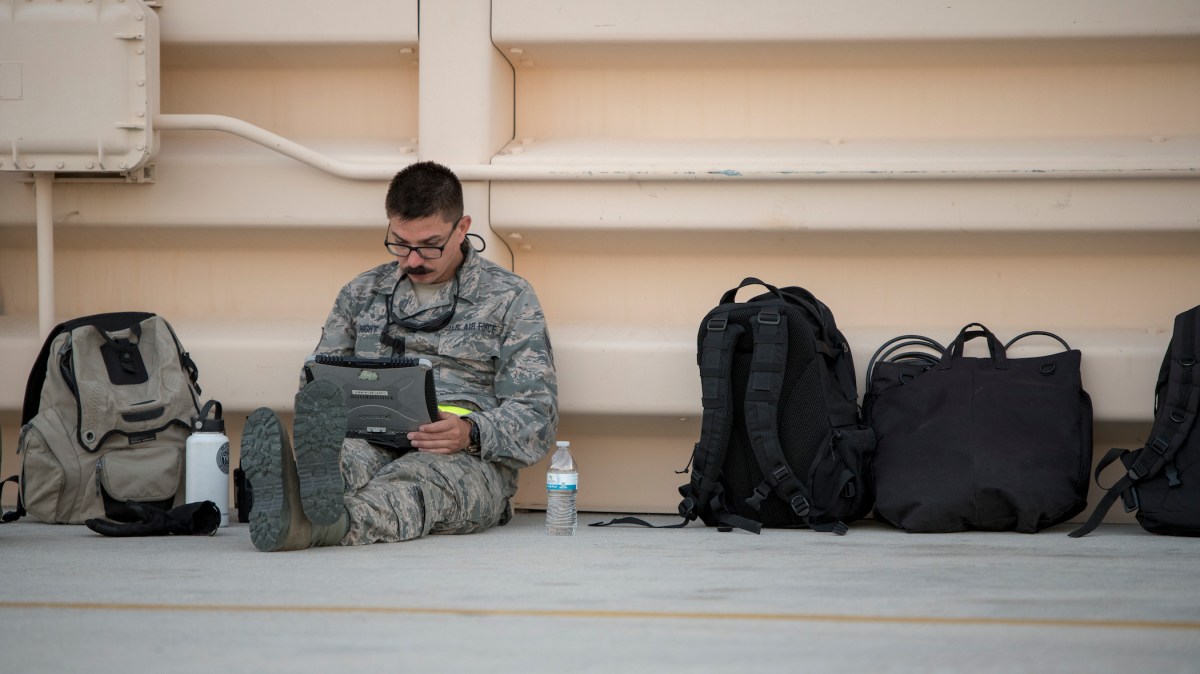NDAA proposal calls for DOD study of ‘underperforming software and IT’

The proposed joint version of the annual defense policy bill released late Tuesday calls for the Defense Department to conduct a study of the costs associated with “underperforming software and information technology.”
Members of the House and Senate armed services committees included the provision in the proposed fiscal 2023 National Defense Authorization Act. The move comes after a groundswell of criticisms of the DOD’s basic back-office computing capabilities caught the attention of the department’s top IT leadership and lawmakers on Capitol Hill — part of what’s now known as the “Fix Our Computers” movement.
Voices from across the defense landscape penned open letters bashing the department’s often outdated basic computing hardware and software and pointing to how much time was wasted waiting for a device to boot or an application like basic email to load.
And that’s exactly what the lawmakers are calling on the DOD to explore. If passed into law, the NDAA would require the department to contract with an independent entity to conduct a study on “the challenges associated with the use of software and information technology in the Department of Defense, the effects of such challenges, and potential solutions to such challenges,” says Section 241 of the legislation.
Namely, it calls for a survey across the various military branches to garner more insight into time lost due to these technical impediments and the associated financial costs, the effects on personnel retention, and any negative impact on the missions of the DOD.
The study would also require the creation of a summary of any policy or technical challenges that are holding the military services back from IT reforms that could alleviate the associated issues. This summary would be developed based on interviews with service CIOs or their equivalents across the department.
Finally, the provision requires the creation of a framework for evaluating underperforming software and IT capabilities across the DOD in a standard way and calls for recommendations on how to address the deficiencies.
These elements would be compiled in a report that is due to the secretary of defense and congressional armed services committees within a year of the NDAA’s passage.
Last week, Lt. Gen. Robert Skinner, head of the Defense Information Systems Agency, revealed the agency is already conducting a study investigating the effect of cybersecurity on user experience and how it can better harmonize the two.






